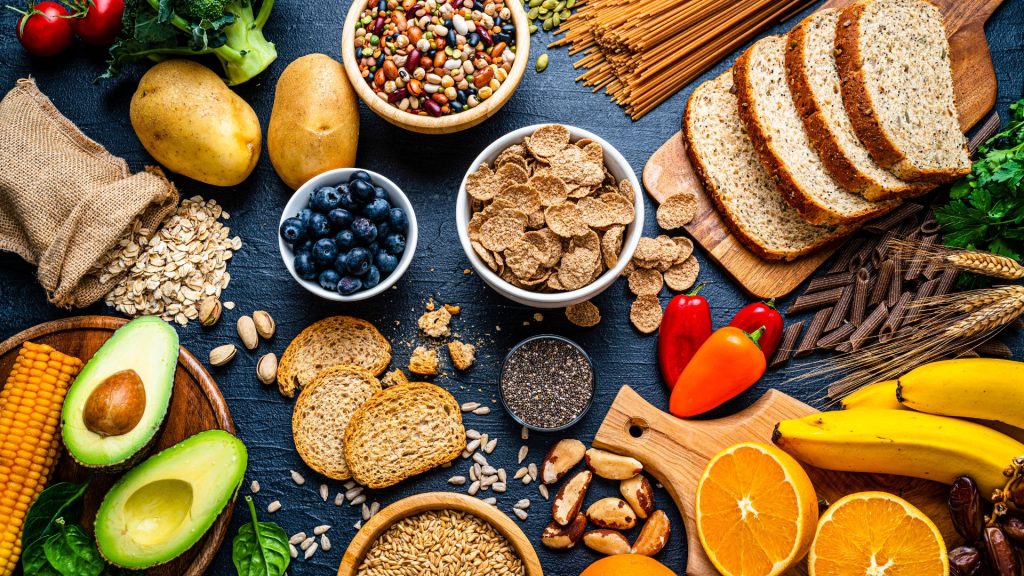Dietary enhancement refers to foods or food components that provide additional health and performance benefits beyond what can be obtained through whole functional foods, such as vitamins, minerals, herbs, amino acids metabolites constituents or extracts of these. Sellers of nutritional supplements frequently promote products with purported performance enhancing effects; however their results are often mixed.
Endurance
Endurance refers to the ability to sustain physical activities for extended periods without tiring out. It also means having the resilience and perseverance necessary to endure challenging circumstances such as stressful events or marathon races.
People involved in endurance sports often train for months or years to develop their stamina. Many take supplements that aid their performance, yet diet and exercise remain key components to developing endurance; taking supplements alone without making changes would just provide temporary solutions.
Researchers found that a diet rich in proteins and low in carbohydrates improved endurance performance, although more research needs to be conducted before concluding if this approach would benefit everyone, including non-athletes. Other dietary strategies utilized by endurance athletes have included vegetarian, high fat diets, intermittent fasting and gluten free diets which may adversely impact metabolic health or lead to nutritional deficiencies as well as being linked with gastrointestinal issues.
Muscle Mass
Muscle mass is a critical determinant of metabolic homeostasis, physical strength and daily functioning activities. Low muscle health (sarcopenia) predicts reduced quality of life and mortality risk and can be addressed through exercise and diet modification.
Muscles are soft tissues located throughout the body that aid movement and posture while supporting bodily functions. Strengthening of these muscles is possible through various exercises such as weightlifting or resistance training.
Myocytes, the cells that compose muscle tissues, contain proteins composed of amino acids like leucine. When muscles are stimulated by resistance exercise or protein intake, myocytes respond by increasing protein synthesis; but they may also break down proteins to create energy, known as protein breakdown. Both processes can be balanced to maintain muscle mass through various pathways that regulate their rates of synthesis or breakdown; generally speaking a traditional diet consisting of vegetables, whole grains, and animal proteins is linked with improved muscle health, while Western diets have been associated with reduced muscle function over time.
Body Composition
Body composition is a term often used within fitness and health communities to refer to the percentages of fat, bone, muscle, water and other tissues present within an individual’s body. It provides more detailed insight into health and fitness levels than bathroom scale or BMI measurements can. For instance, two people weighing the same could still have significantly different levels of body fat, leading to different health problems altogether.
Skinfold assessments, bioimpedance analysis, hydrostatic weighing and dual photon absorptiometry can all be used to measure body composition accurately, though the latter requires professional training and can be costly to operate and maintain. Still, these tools can be invaluable in reaching dietary enhancement and overall health goals; having more muscle than fat in your body correlates with increased strength, endurance and wellness, which can be achieved by eating healthily, sleeping enough hours each night and increasing exercise levels.


